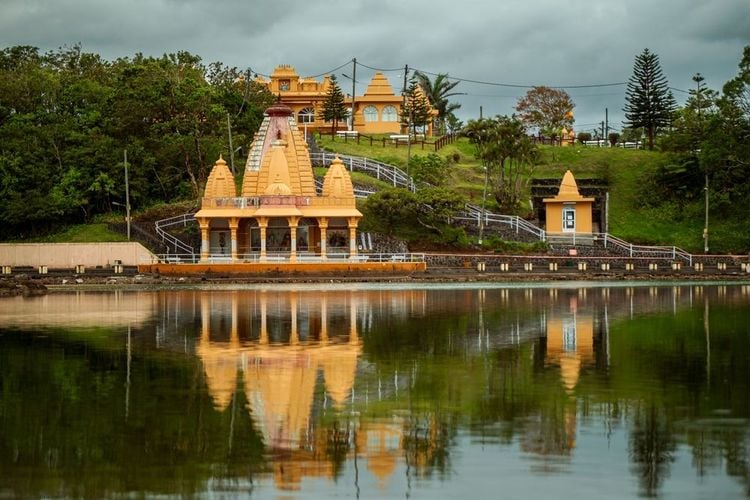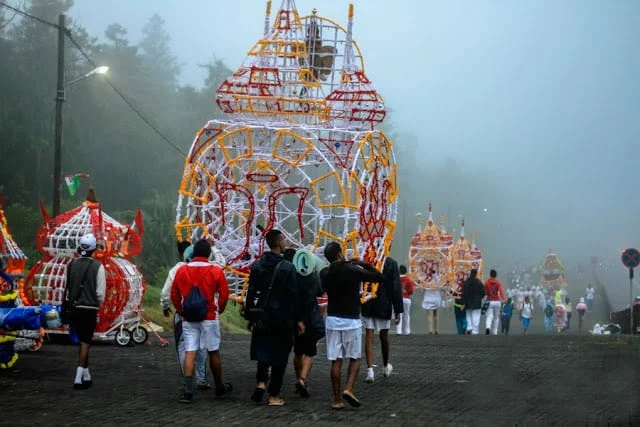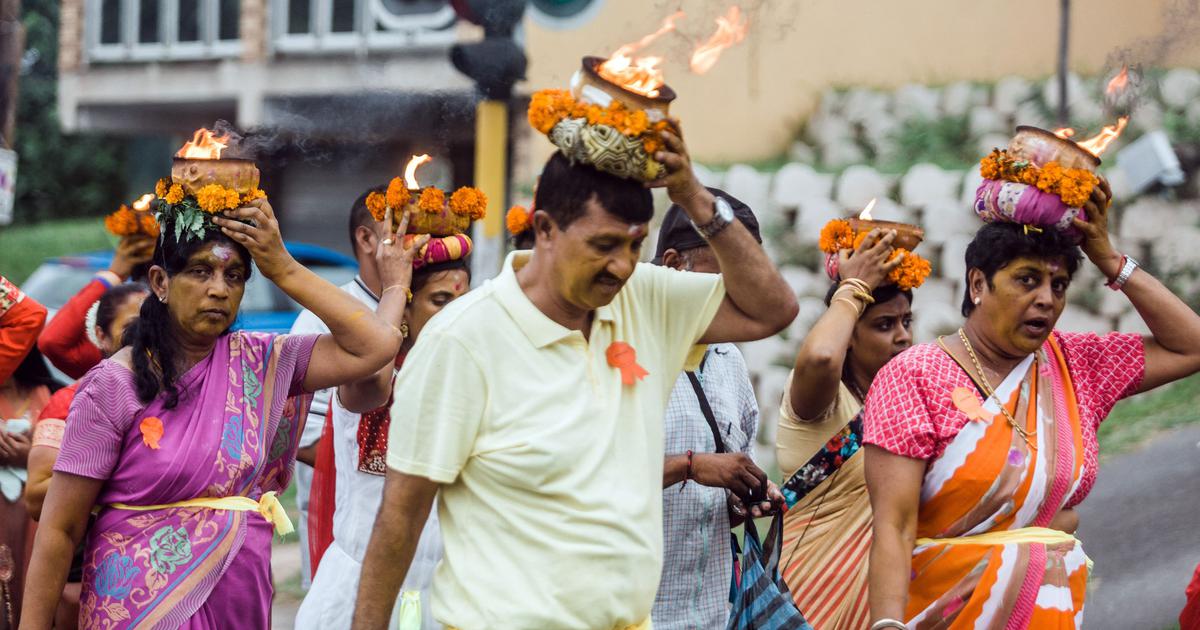Hinduism
A calm, grounded guide to the traditions, prayers, deities and the wisdom carried across oceans by the girmityas.
Connecting girmityas with their spiritual roots
This Hinduism section is a place for learning, reflection and careful study. Whether you are in the Caribbean, East Africa, the Indian Ocean, the Pacific islands or in newer diaspora hubs such as Europe and North America, the questions are similar. What does it mean to live as a Hindu far from India, and how do we stay rooted in a tradition that travelled here via the girmityas?
We are developing articles on Hindu traditions, prayers, deities, Vedic knowledge, rituals and spiritual practices, written with diaspora readers in mind. The aim is simple: to make authentic Sanatan Dharma accessible, intelligible and practical wherever girmitya communities have taken root.
Explore Hindu knowledge
The Hinduism section will gradually be organised into clear themes. These range from the Vedas and sacred texts to rituals, philosophy and the lived experience of Hindus in the diaspora. Below is an outline of the main areas we will cover.
Planned articles and topics
The list below sketches the first wave of essays, guides and explainers that we intend to publish. They are designed as reference pieces you can return to for personal study, family discussions, temple teaching and community classes.
The Bhagavad Gita: timeless wisdom for modern life
Understanding the Hindu calendar and auspicious times
Daily pooja: a complete guide for diaspora Hindus
Hanuman Chalisa: meaning and benefits
The power of Om: the sacred sound of the universe
Hindu wedding rituals explained
Festivals of light: Diwali, Kartik Purnima and more
Yoga and meditation in Hindu tradition
The Ramayana and Mahabharata: epic teachings
How to set up a home altar
Understanding caste, varna and modern Hinduism
Sacred rivers and pilgrimage sites
Contribute to the Hinduism section
Ghirmitya welcomes priests, pandits, scholars, teachers and knowledgeable devotees who wish to write for a diaspora audience. We are particularly interested in clear, carefully sourced explanations that make complex ideas usable in everyday life.
Areas for contribution include:
- Vedic knowledge and sacred texts, explained with context and references.
- Prayers, mantras and bhajans with translation and guidance on practice.
- Step-by-step walkthroughs of rituals and ceremonies.
- Stories and teachings from the epics and Puranas, linked to present-day dilemmas.
- Practical guides for raising children as Hindus in the diaspora.
- Philosophical and spiritual reflections grounded in lived experience.
If you would like to propose an article or series, send a short outline and a few lines about yourself.
Why authentic Hindu knowledge matters
For generations, girmitya descendants kept Hindu traditions alive through oral transmission, memory and devotion. That continuity is remarkable, given distance from India, limited access to texts and the pressures of plantation life. Transmission by memory alone can also mean gaps, improvisations and, at times, uncertainty.
Today’s diaspora Hindus often ask similar questions. What does this mantra mean? Why is this ritual done in this way? How do I explain these concepts to my children? Answering these questions requires access to reliable sources, teachers and explanations that take both scripture and lived reality seriously.
At minimum, communities abroad deserve:
- Clear explanations of prayers, mantras and the logic behind rituals.
- Correct pronunciation and meaning of Sanskrit terms.
- Guidance on how to adapt practices to local laws, workplaces and schools.
- Accessible introductions to core philosophical ideas.
- Links to living traditions and institutions in India.
Ghirmitya aims to act as a bridge, connecting diaspora questions with trusted sources and teachers, so that Sanatan Dharma remains a living, thoughtful tradition wherever it has travelled.
Stay connected
If you would like to be notified when new Hinduism articles are published, or if you wish to collaborate on content for your community or temple, you can reach us directly by email or through the contact page.









